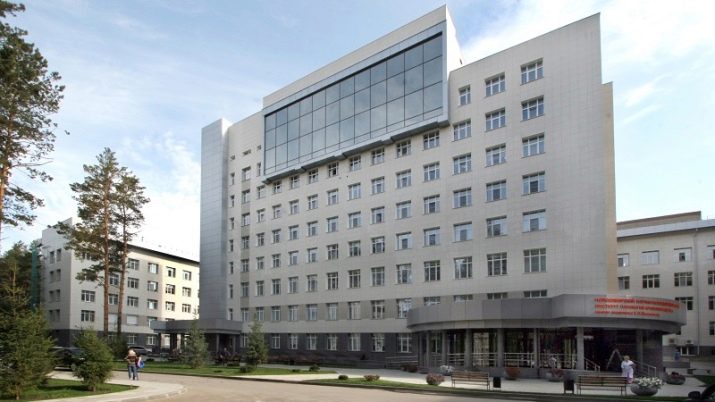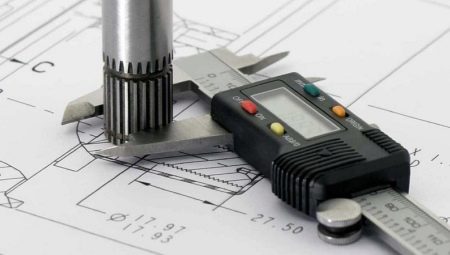Few people know what metrology engineers do. Some believe that they make a weather forecast, while others suggest that metrologists are designing the metro. Both options are erroneous. In accordance with the current ETKS, metrologists are specialists who monitor the correct operation of measuring equipment.
Features
We give a simple example. Take a standard ruler of 40 cm. If it is not measured correctly, then in the best case, the student will receive a low math score, and in the worst case, a building designed by an architect will collapse. Or another case: the patient can undergo an ultrasound procedure twice and get different diagnoses every time. This happens when the equipment does not pass calibration at the metrologist. Thus, we can conclude that metrology affects almost all spheres of human life. At any manufacturing enterprise, a metrology engineer is responsible for monitoring the accuracy of measurements of the parameters of all technological processes.
Many companies use such devices as water and electricity meters, scales, tonometers, as well as radars and many other types of measuring equipment. The specialization of a metrological engineer involves the skill to develop effective calibration schemes for them.
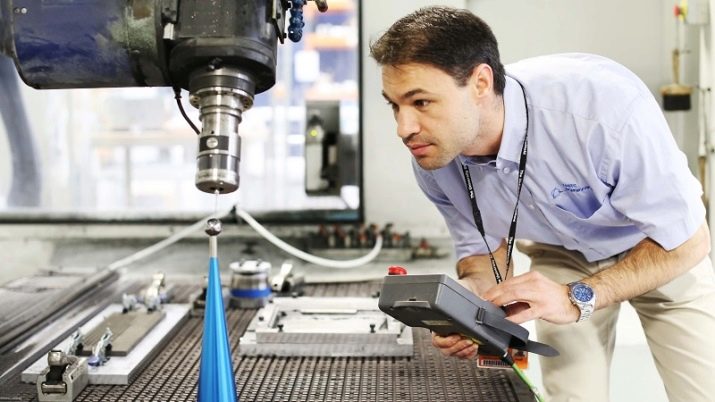
At large industrial enterprises, one can also meet the full-time position of a senior metrologist, often his team includes several specialists of the younger category.
It should be noted that the history of this profession has several centuries.Reference measures used to support measurements were created in ancient times. However, a single metric convention was officially approved only in 1875 at the initiative of the famous scientist-chemist Dmitry Mendeleev. This year is considered the official birth date of metrology as a direction of professional activity.
However, long before that, back in the 16th century, in Russia there were so-called kissers - controllers who searched and selected weight measures that were not officially registered. Moreover, in the XVII century. control over measures was significantly strengthened, while the Big Customs took over the responsibility for checking the measuring equipment.
Representatives of the profession of metrology engineer are rarely seen these days, since not everyone decides to get this specialty. The fact is that employers are not in great demand for workers in this sphere; as a permanent full-time employee, they are usually accepted only by the largest companies, as well as supervisory authorities. Small and medium-sized companies usually turn to third-party specialists providing calibration services for measuring equipment.
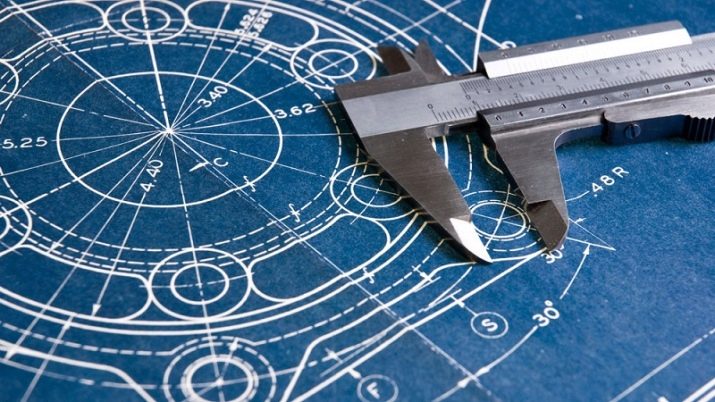
Responsibilities
Job description and professional standard determine the tasks which should be decided by a metrology engineer:
- carrying out a range of works on metrological support of an industrial enterprise, conducting examinations and tests of manufactured goods;
- participation in the creation of plans for the introduction of the latest measuring equipment;
- making recommendations on changing organizational and technical measures aimed at improving the existing metrological support of the enterprise;
- introduction of modern measuring solutions;
- planning for the implementation of local calibration techniques for all types of measurements;
- drawing up a schedule of cyclic verification of necessary measuring instruments;
- metrological examination of technological and design documentation developed at a manufacturing enterprise or received from other companies;
- certification of non-standardized measuring instruments;
- carrying out a range of works on the selection of optimal methods and methods of measurement, drawing up a scheme for their implementation;
- preparation of terms of reference for the design of new measuring instruments;
- participation in the testing of all new types of goods, if necessary, an analysis of the causes of production violations, the appearance of defects, the growth of unproductive costs and malfunctions of technological regimes in cases where this may be related to the quality of work of measuring instruments;
- provision of services for the verification of high-tech devices.
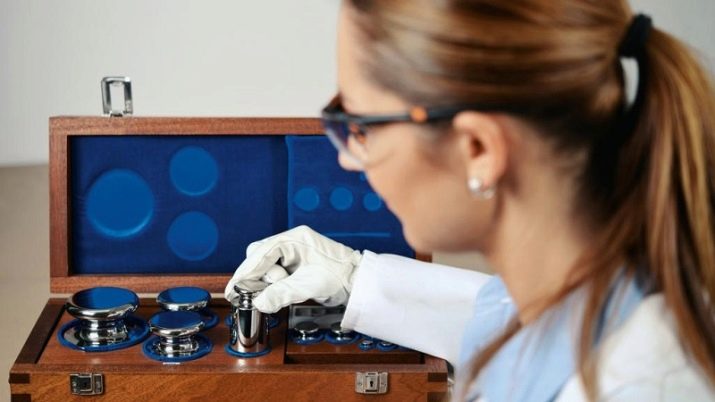
Knowledge and skills
The applicant for the position of metrological engineer must know:
- all orders, as well as decisions and orders regarding metrology;
- current regulatory and scientific-methodological materials for measuring support of production activities;
- principles of organization and implementation of the metrological support complex of the company;
- adopted standards for metrological certification of manufactured goods;
- current standards for the installation, maintenance, use and storage of measuring instruments;
- technical parameters, as well as design features of all types of measuring equipment;
- accepted methods for taking measurements.
Besides, Metrology engineer should be familiar with the best foreign and domestic experience in the field of metrological research and ensuring metrological control in the workplace. For a person in this specialty, it is important to have the skills to organize effective work when implementing measurement schemes. The leading engineer must have knowledge of the principles for determining the economic efficiency of any latest measurement tools and techniques.
Since the position of an engineer belongs to the leading one, the specialist in this position should be familiar with the basic rules and standards of labor protection, as well as the basic requirements of the Labor Code of the Russian Federation.
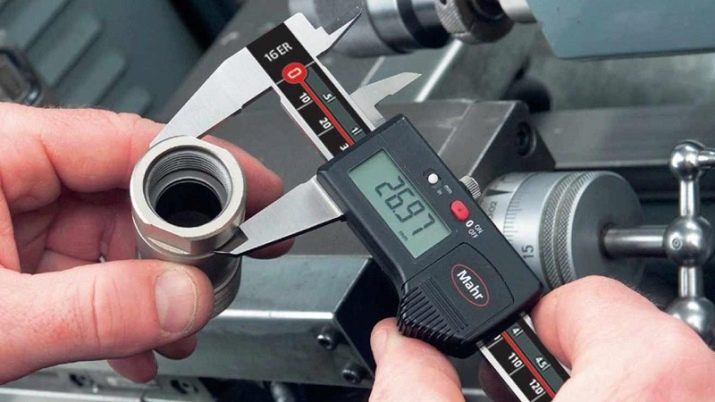
Education
In accordance with the current professional standard, a metrology engineer can become a person with a higher specialized education in the technical field without presenting requirements for work experience. If the applicant has secondary vocational education, then in this case his experience in the field of metrology as a technician should be at least 3 years. It is allowed to work in other engineering positions, replaced by workers with secondary education. In this case, the professional experience should be at least 5 years.
Obviously, to work as an engineer in metrology, it does not matter at all to have a higher education in this specialty. A diploma of education received, for example, in a college, technical school or even in special courses will be quite enough. But then you can take the position of an engineer no earlier than after 3 years, a graduate of a secondary professional educational institution will have to work in the position of the lowest ranks.
Since the metrologist is a profession related to the measuring equipment needed in the production, it is important to clearly understand that training in this specialty can only be carried out in technical universities. In most Russian regions, training for the position of a metrologist is not carried out, those wishing to take the position of engineer in this direction should receive education in related specialties. In Moscow and St. Petersburg, every year, universities attract a lot of young people who plan to work in the future as metrological engineers.
Moreover, this profession can be useful not only in the manufacturing sector. For example, metrologists are graduated from the St. Petersburg University of Railway Engineering, and engineers are trained within the walls of this institution who, after graduation from the university, make an assessment of the condition of the railway lines.

Where to work?
Nowadays, the profession of a metrological engineer is not considered to be sufficiently demanded, since interest in this area is on the decline in the domestic labor market. The salary of a metrologist engineer is low, but with great desire and perseverance you can grow to the position of the chief metrologist in the region. In most cases, metrologists work in the following areas:
- any manufacturing enterprises;
- food industry in cases where the technological cycle involves the use of a conveyor production method;
- enterprises of the energy complex (hydro, electric and nuclear power plants, fuel industry);
- centers of standardization, certification and metrology;
- scientific physical and chemical laboratories;
- sanitary and epidemiological stations;
- defense industry enterprises;
- Instrumentation, Research Institute;
- design and construction of buildings and structures;
- instrumentation industry;
- space area.
